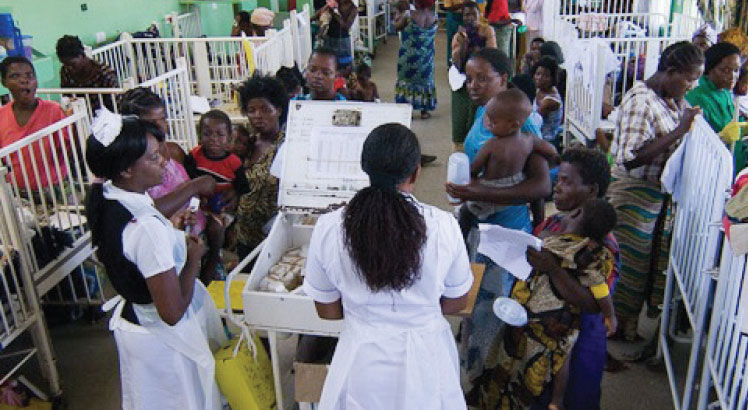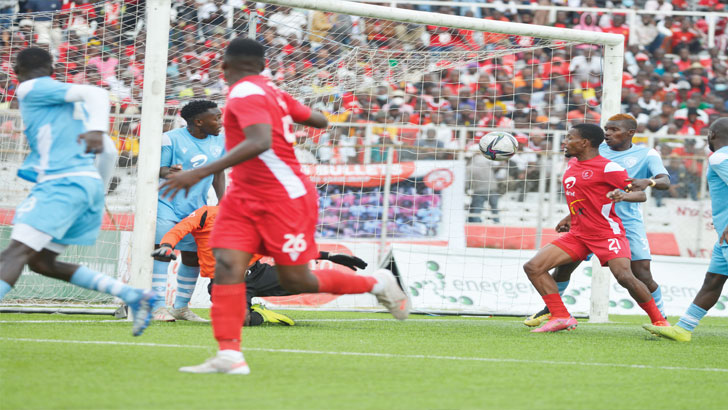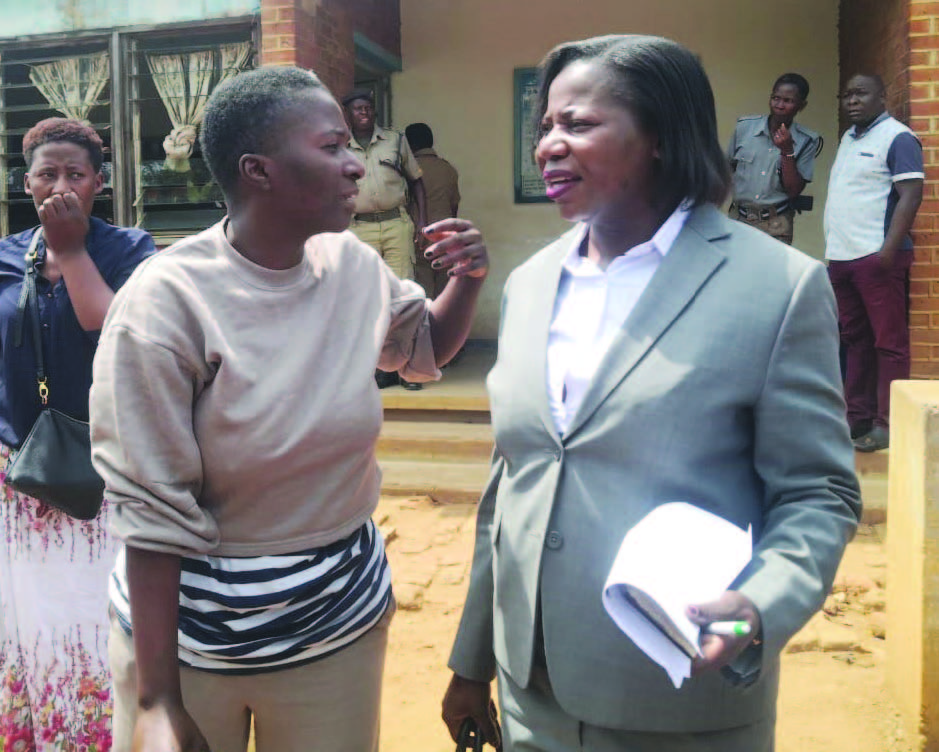Crisis looms in the health sector as four months to the end of the 2022/23 fiscal year, some district health and social services (DHSS) offices have depleted their funding for procuring drugs.
The revelation came from a workshop organised by Central Medical Stores Trust (CMST) in Blantyre last week.
Some health facilities have been hit hard with drug shortages
While the Ministry of Health has dispelled fears of a crisis, the development has created anxiety among stakeholders who have since urged government to treat the matter with seriousness and urgency it deserves.
In reaction to the matter, Minister of Health Khumbize Kandondo-Chiponda said the depletion of the funds should not be a cause for worry as there are several possibilities including recapitalisation of the facilities.
She said: “The first thing is that CMST is still supplying drugs to the facilities. Fortunately, the World Bank is also funding us to buy drugs worth $7 million, the money has already been released. We cannot stop supplying the drugs because the issue of drugs is very sensitive.”
However, Parliamentary Committee on Health chairperson Matthews Ngwale has observed that the development would negatively affect health service delivery in the affected districts.
“This means the affected district health offices cannot go to the CMST to procure drugs, which also means that they cannot prescribe in their units.
“Actually, this is worrisome because it is not the first time. Last year, some hospitals were also put in a similar situation three months towards the end of the year. But as Parliament, we reminded government that the heath sector was not being adequately funded, especially the drugs budget and needed to be increased.
“The increase was made but it wasn’t much, and that is why we are in this situation again. However, we will use that same analog to press for more funding, so that the drugs budget is increased,” he said.
According to CMST, health facilities normally buy drugs from them, but due to stock-outs, sometimes they are forced to procure from private suppliers, whose prices are generally exorbitant.
Trust’s statistics show that district hospitals use between K150 million to K250 million in a month to buy drugs from both CMST and private suppliers.
Health rights activist Maziko Matemba said while drug shortages in public hospitals are nothing new, the situation was becoming critical in most districts because of unrealistic budget estimates.
Matemba, who is executive director of Health and Rights Education Programme, said most DHSSs do not defend their budgets at council level as they assume partners at national level would support them.
“Budget process needs to start with village action plan (VAP) to come up with realistic estimates but most of the times they don’t use the VAPs,” he said.
On his part, governance commentator Boniface Chibwana observed that the situation was a recipe for a health crisis due to government’s reluctance to effectively embrace fiscal devolution in the sector.
“For a long time, government has centralised aspects such as drug budget management to the extent that district hospitals have had human made drug stock-outs and shortages of essential medical supplies.
“Therefore, we need an urgent policy and institutional review on financing the health sector in line with the decentralisation set-up we are in as a country, and the public sector reform programme the government adopted,” said Chibwana, who is national coordinator of Catholic Commission for Justice and Peace.
Depletion of health budgets surfaces at a time allocation to the country’s drug budget has been dwindling in the past four years amid shortages of essential drugs and supplies in public health facilities.
Between 2019 and 2022, the drug allocation in the annual health budget has dropped by almost 16 percent from 25.6 percent in 2019/20 fiscal year to 9.8 percent for the current 2022/23 total health budget.
This year, Minister of Finance and Economic Affairs Sosten Gwengwe allocated only K27.7 billion to the drug budget, out of the K283.57 billion health budget, which is 10 percent of the national budget.
This is in contrast with the Abuja Declaration which calls on African governments to commit 15 percent of their national budgets to health.
According to World Bank policy brief for April 2021, Malawi’s total spending on health in per capita terms and as a share of GDP is higher than other low-income countries.
“Nonetheless, total health spending per capita, estimated at $39 per year, is insufficient to provide essential health care as outlined in the country’s health benefit package – the Essential Health Package, which has contributed to gaps in service delivery,” reads the brief in part.
The post Health crisis as facilities deplete drug budgets appeared first on The Nation Online.
 Moni Malawi
Moni Malawi 

